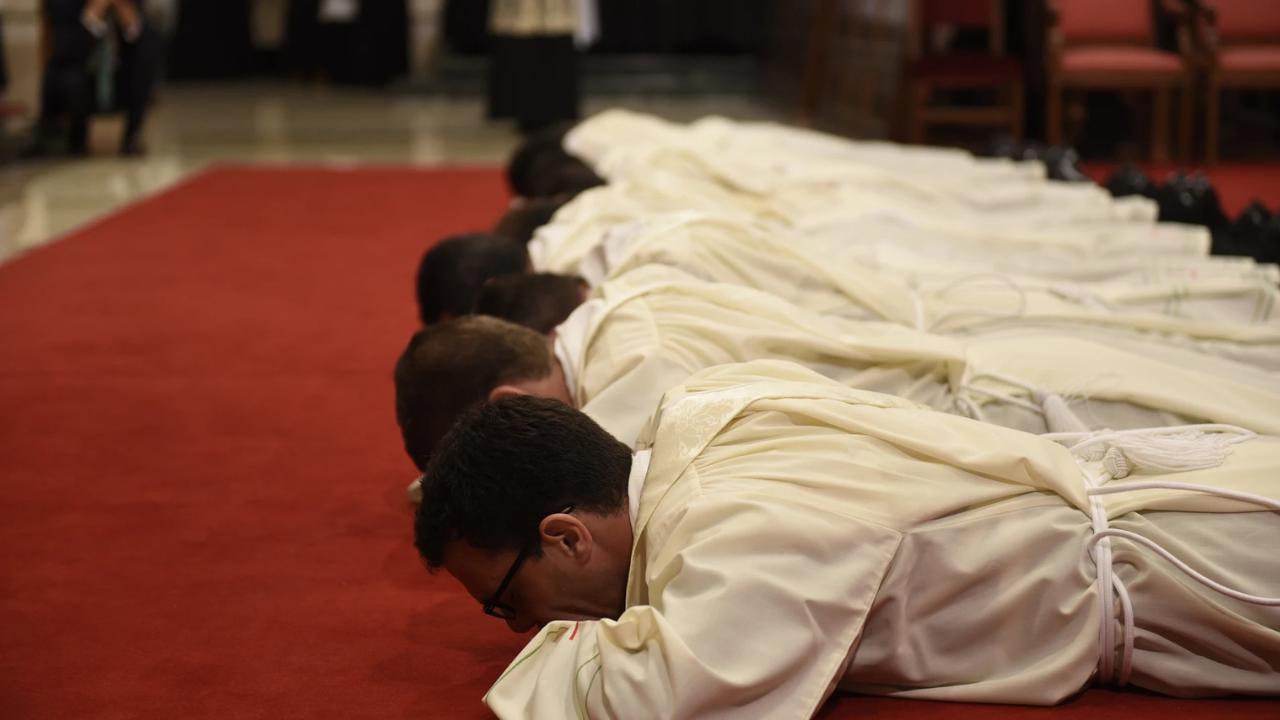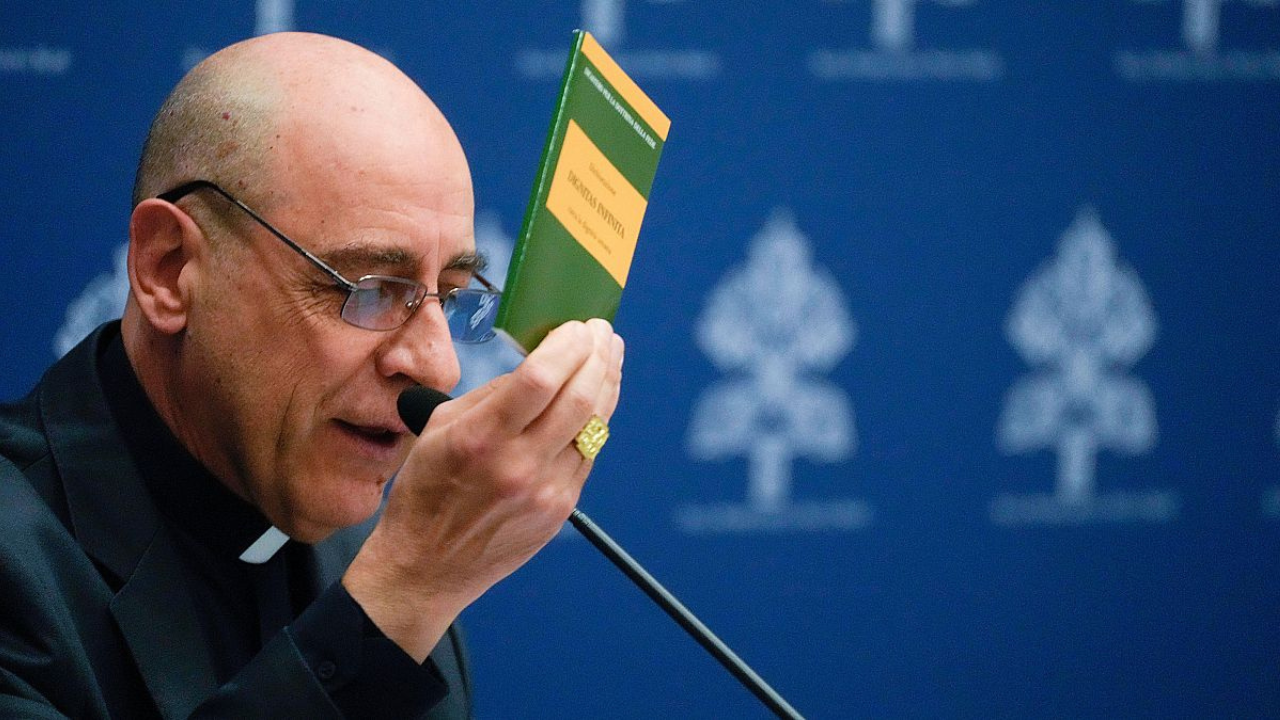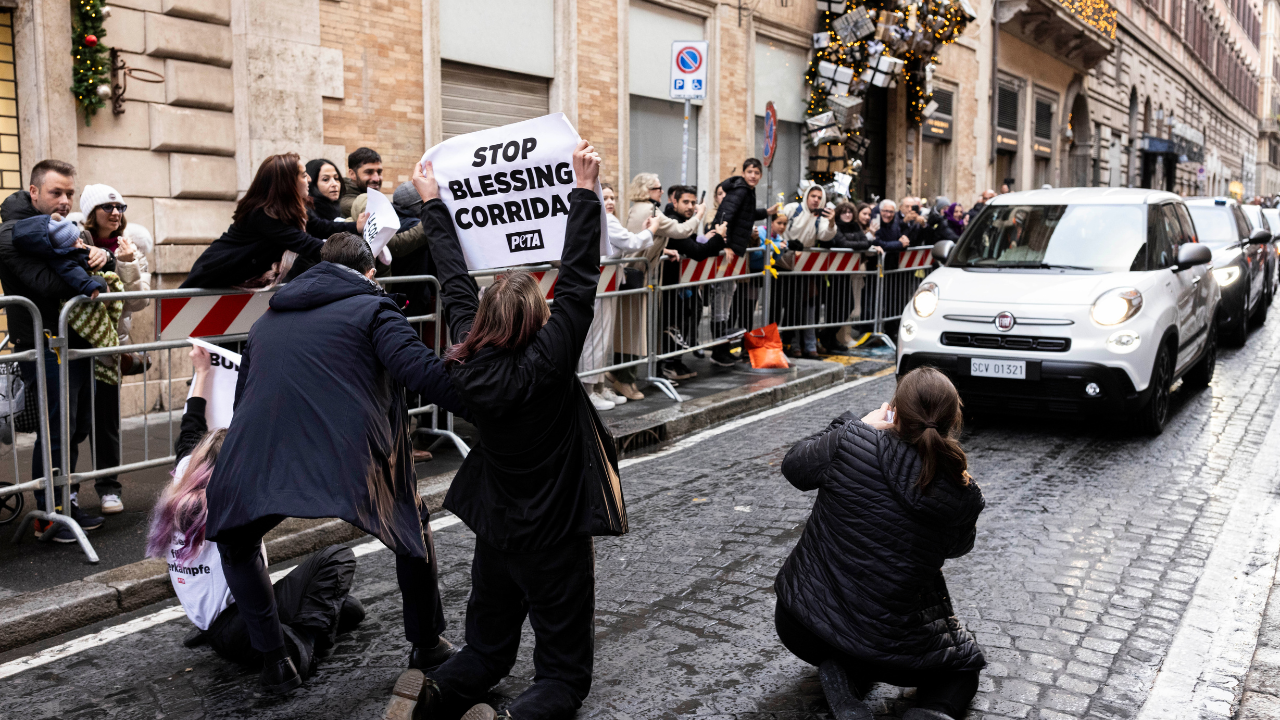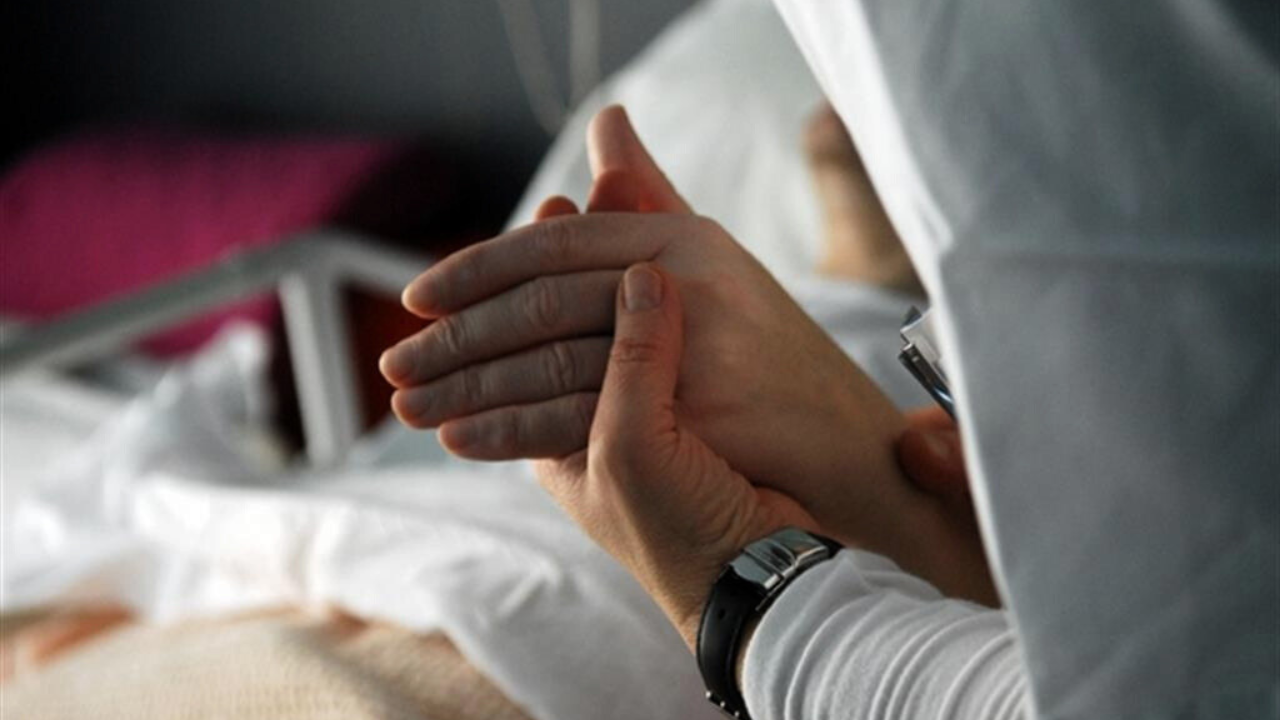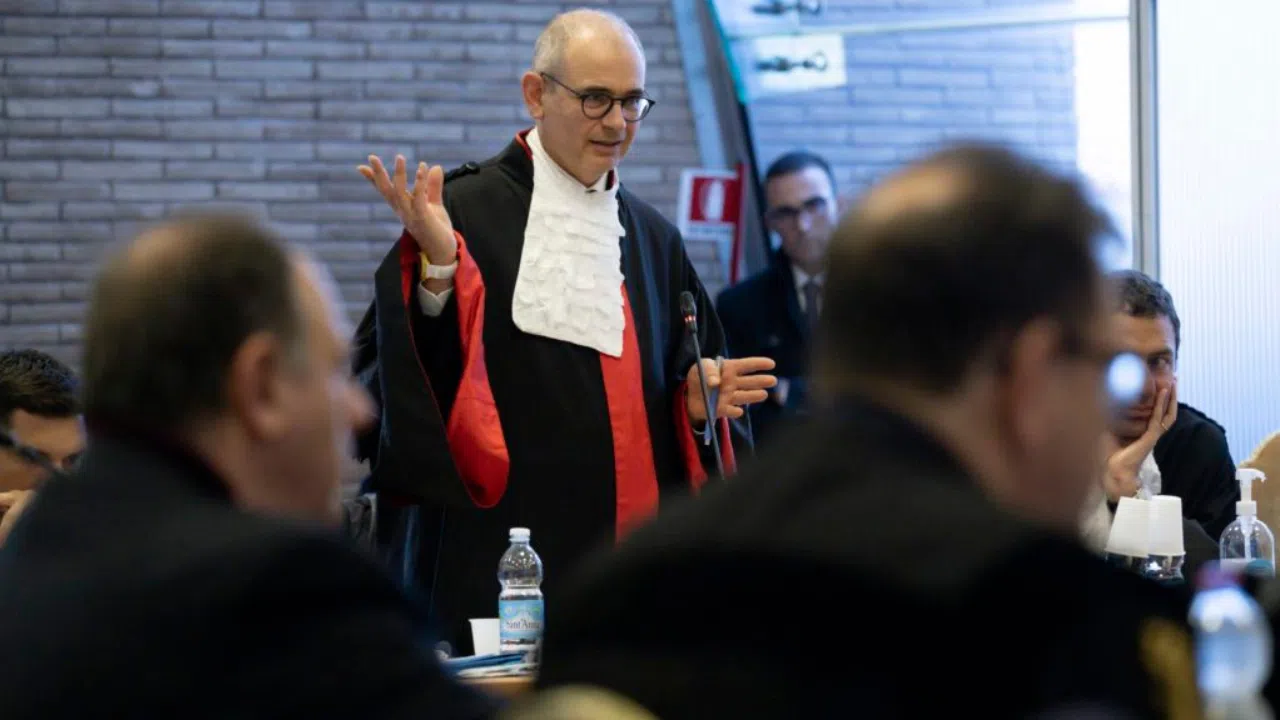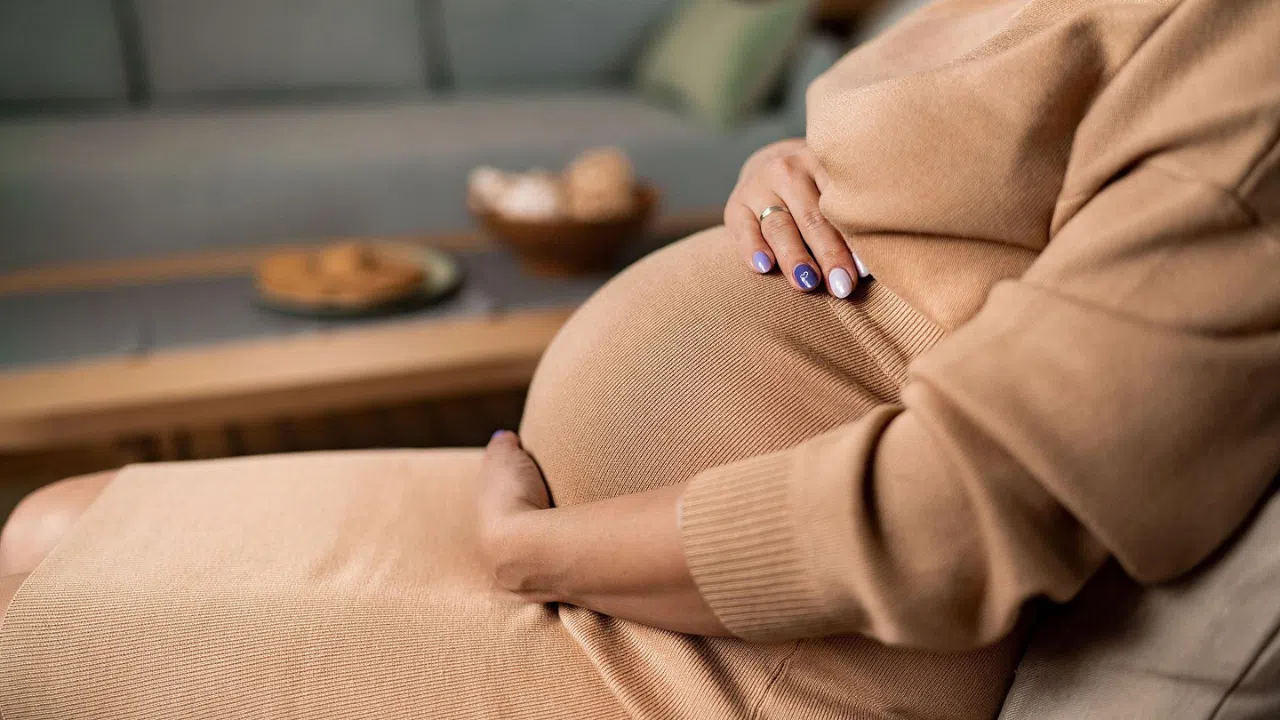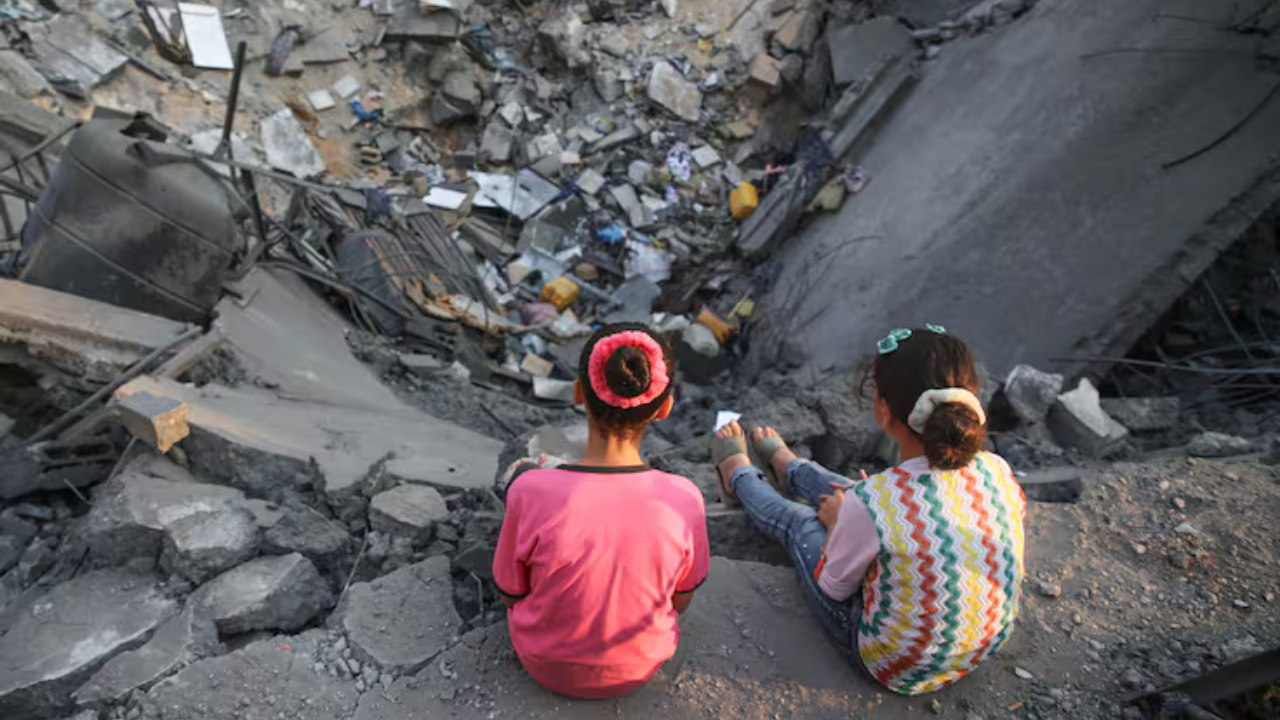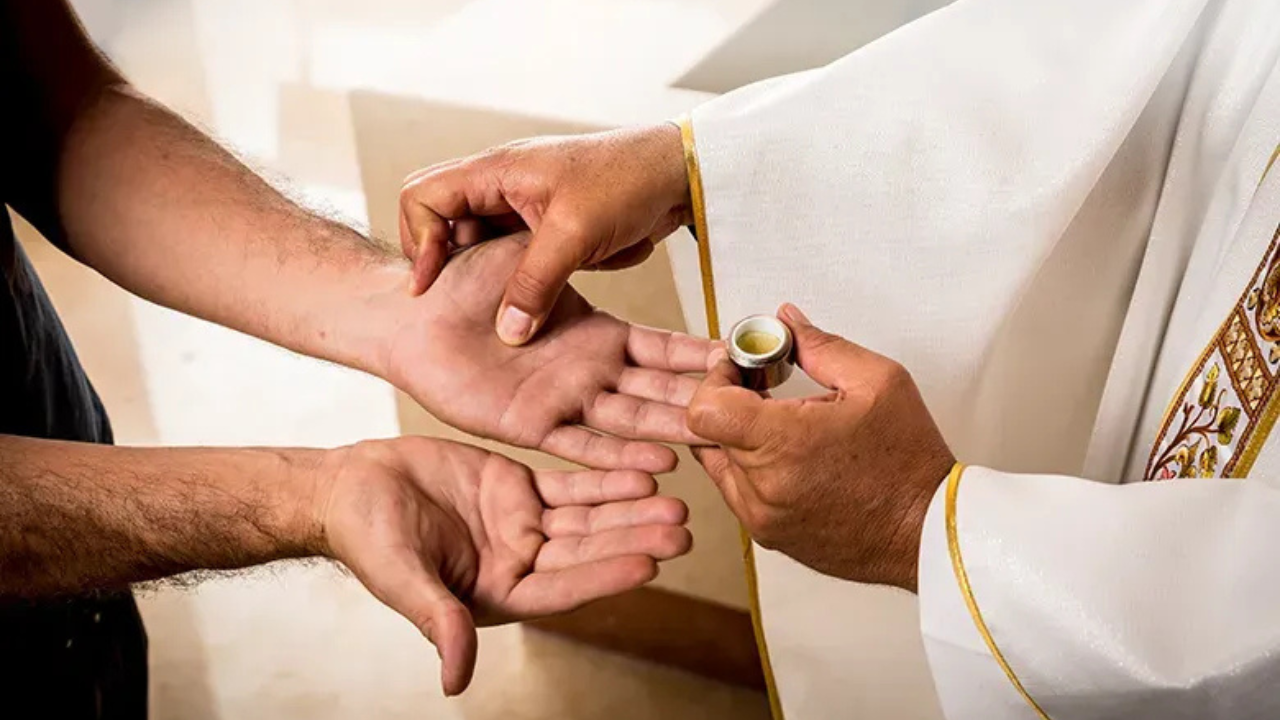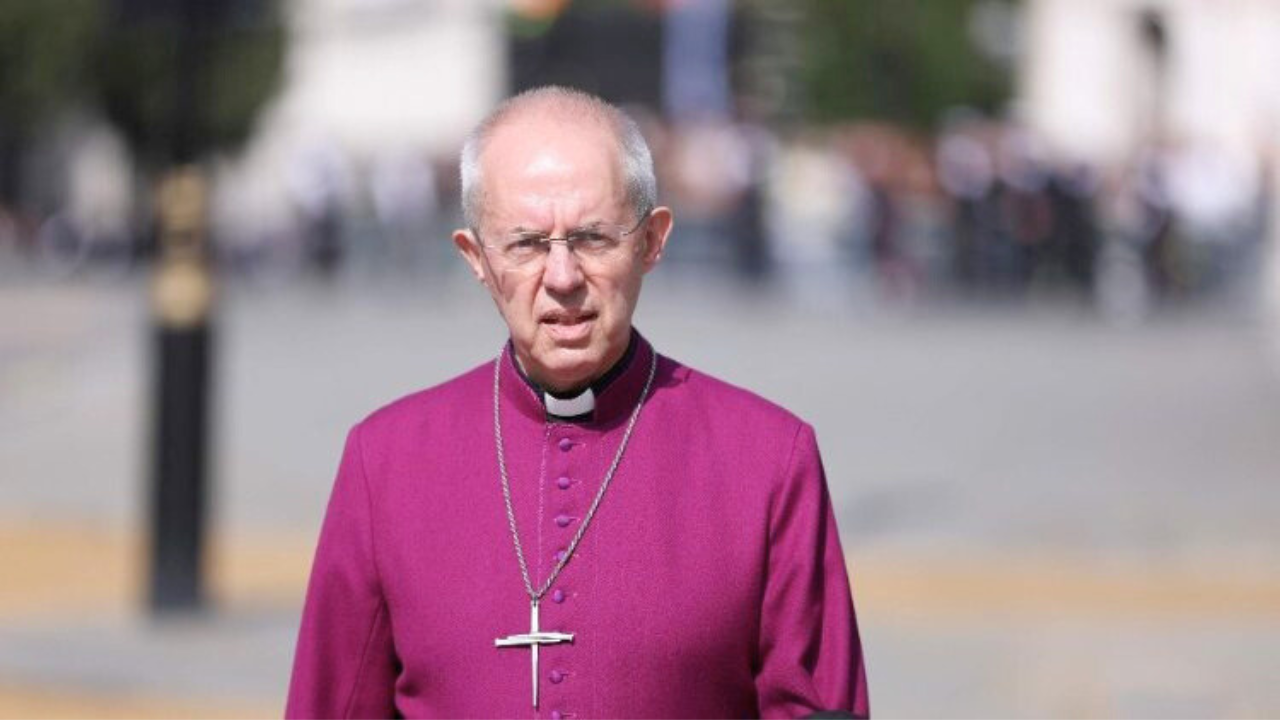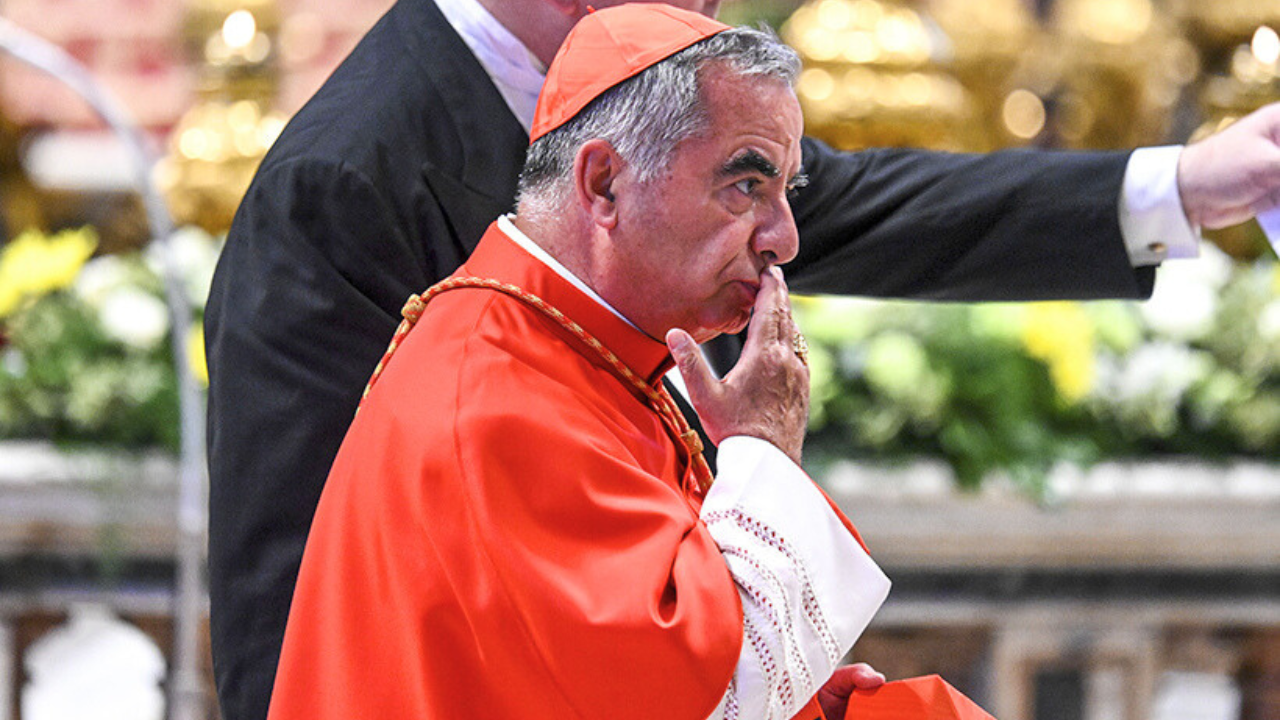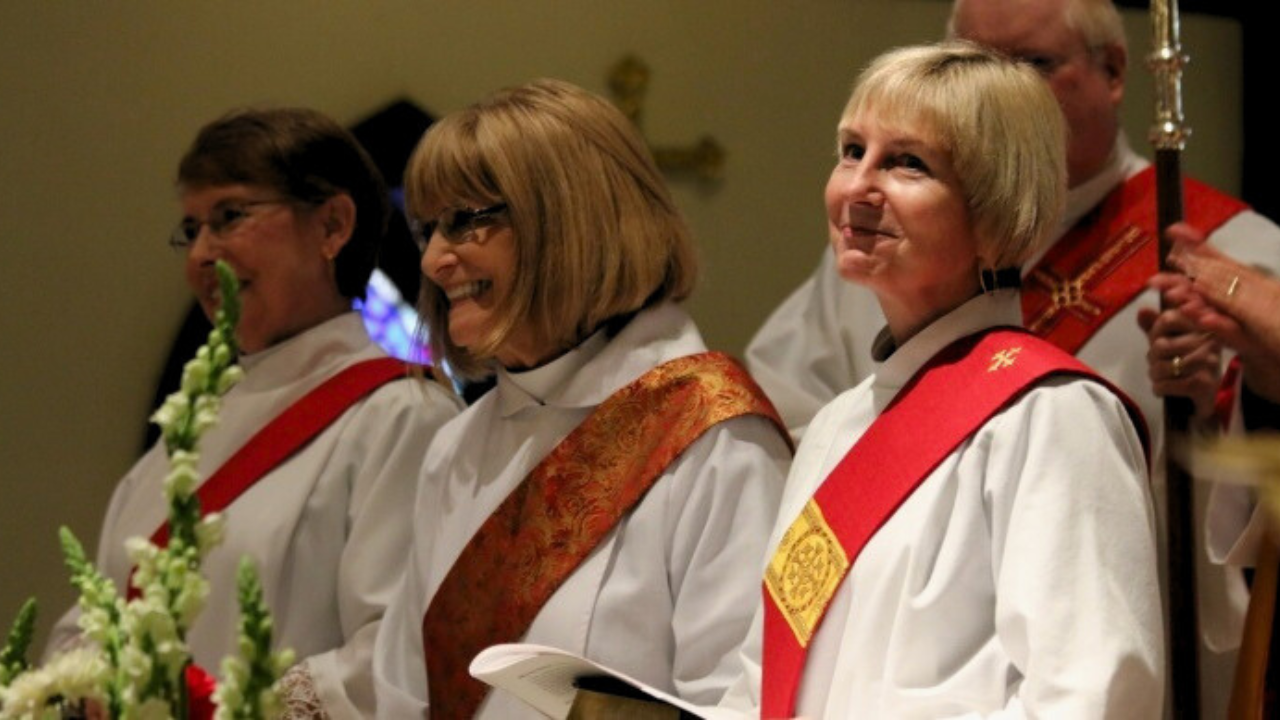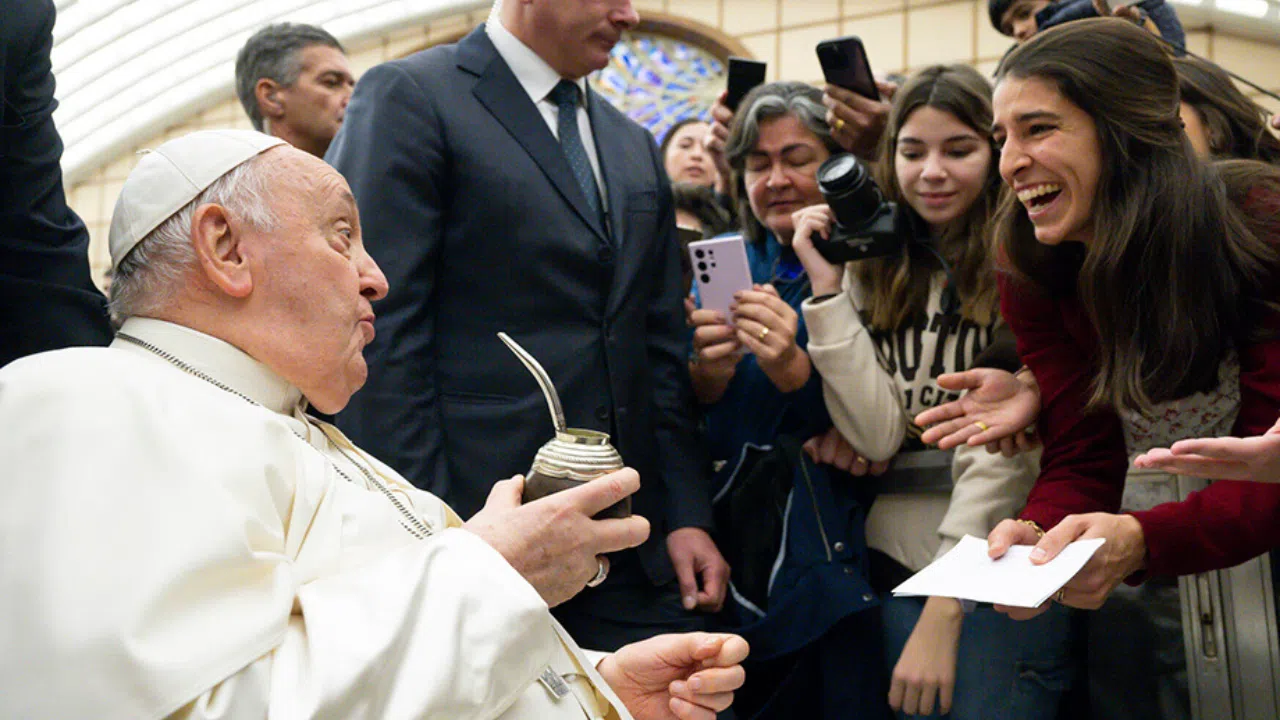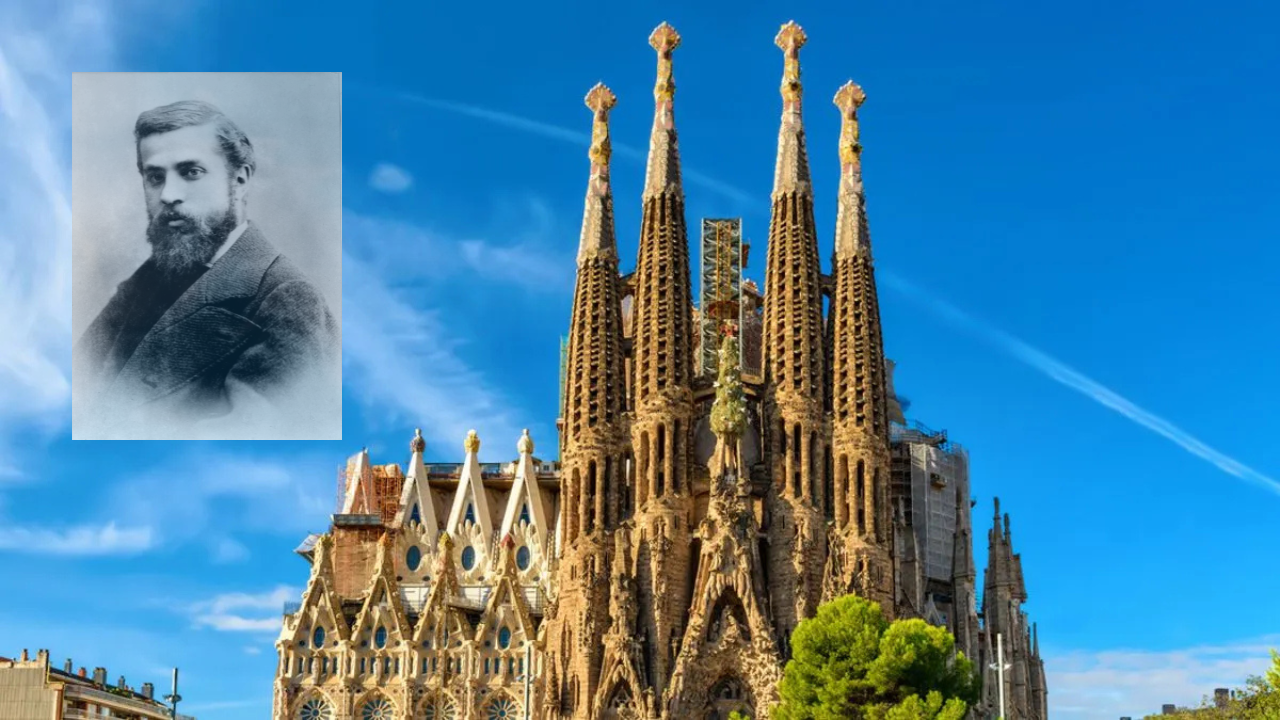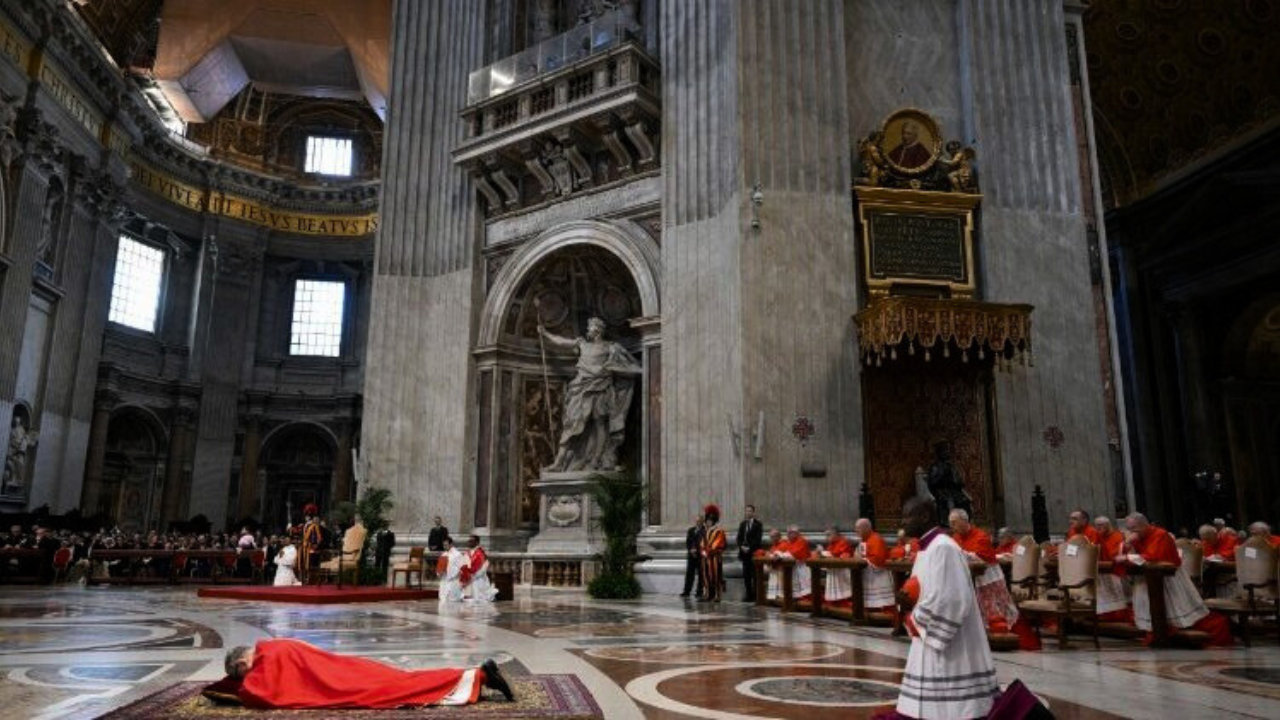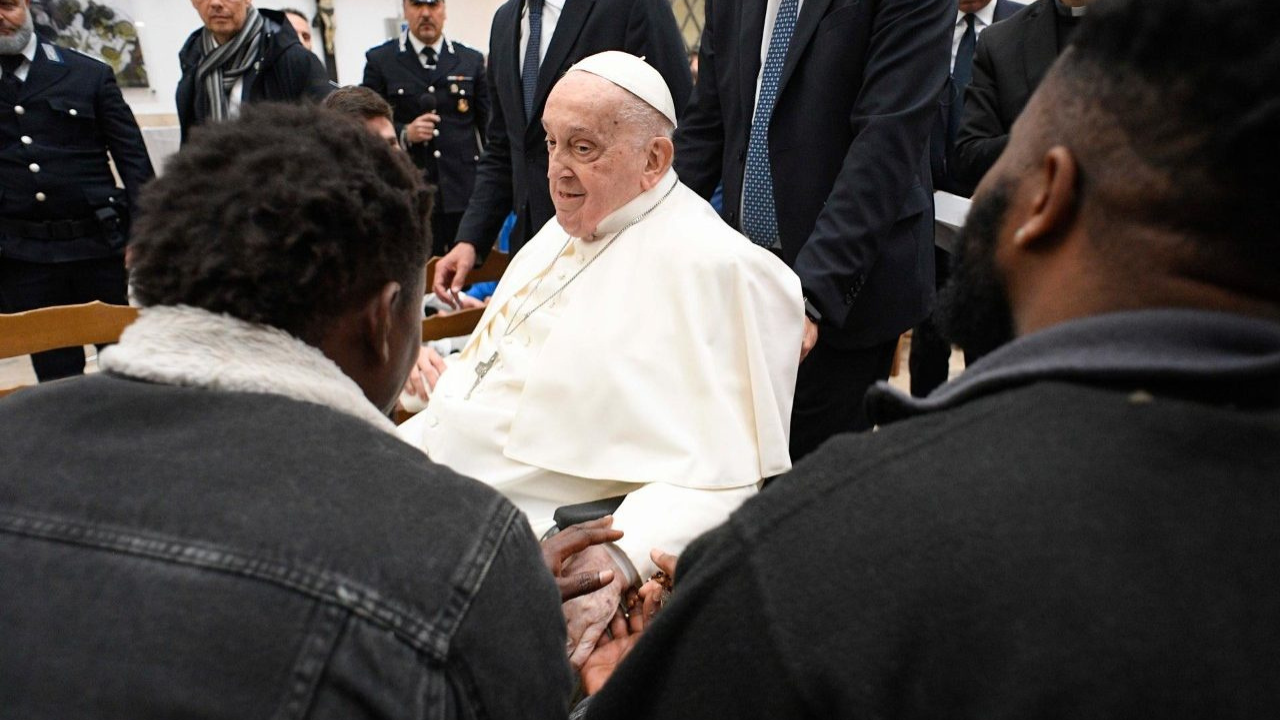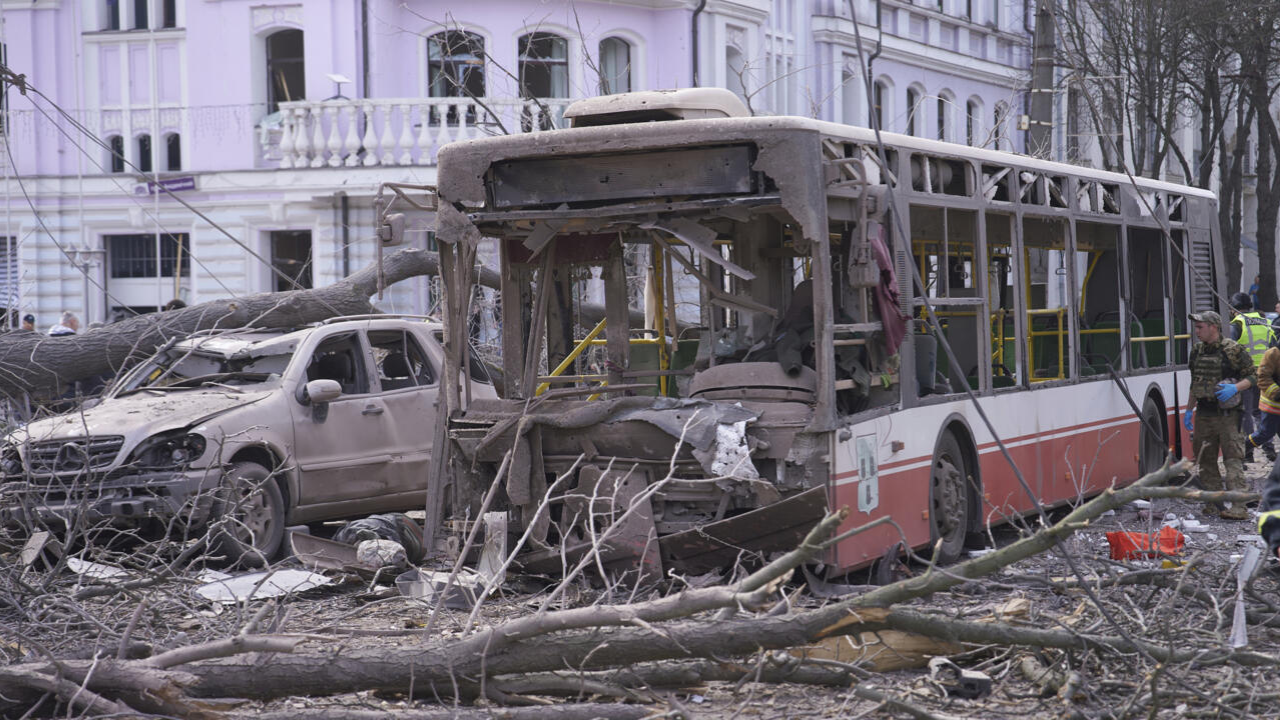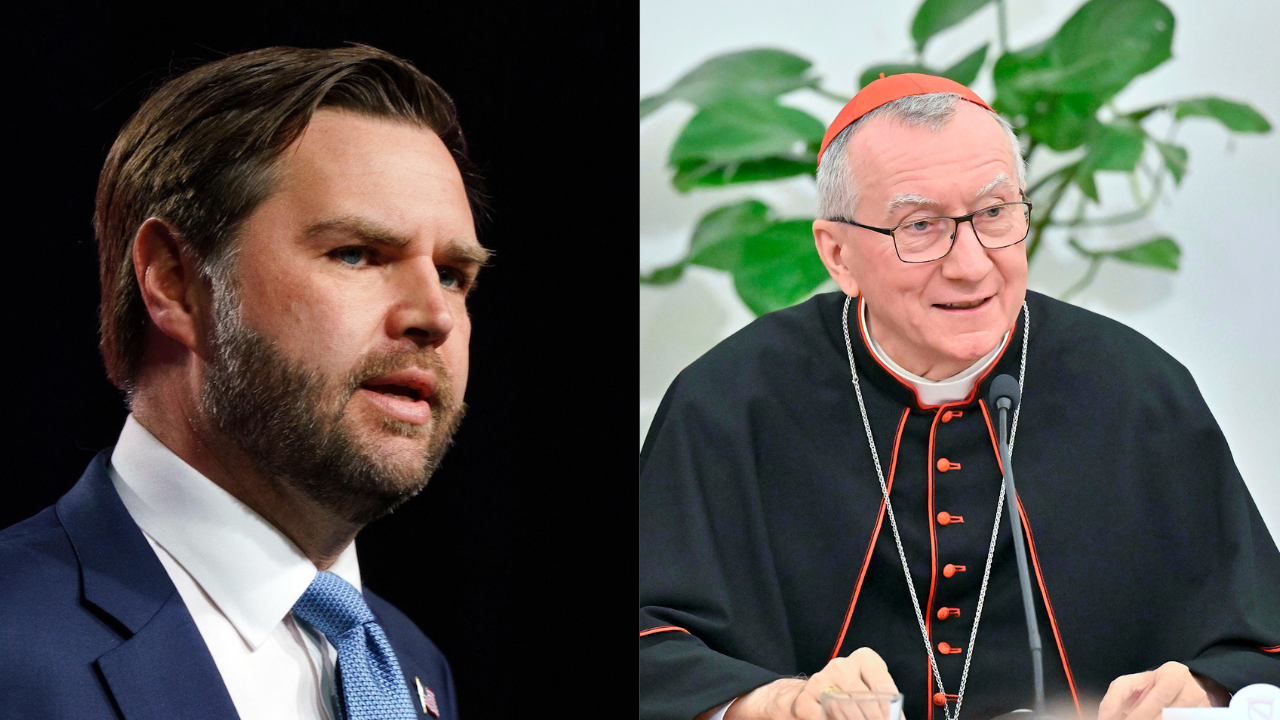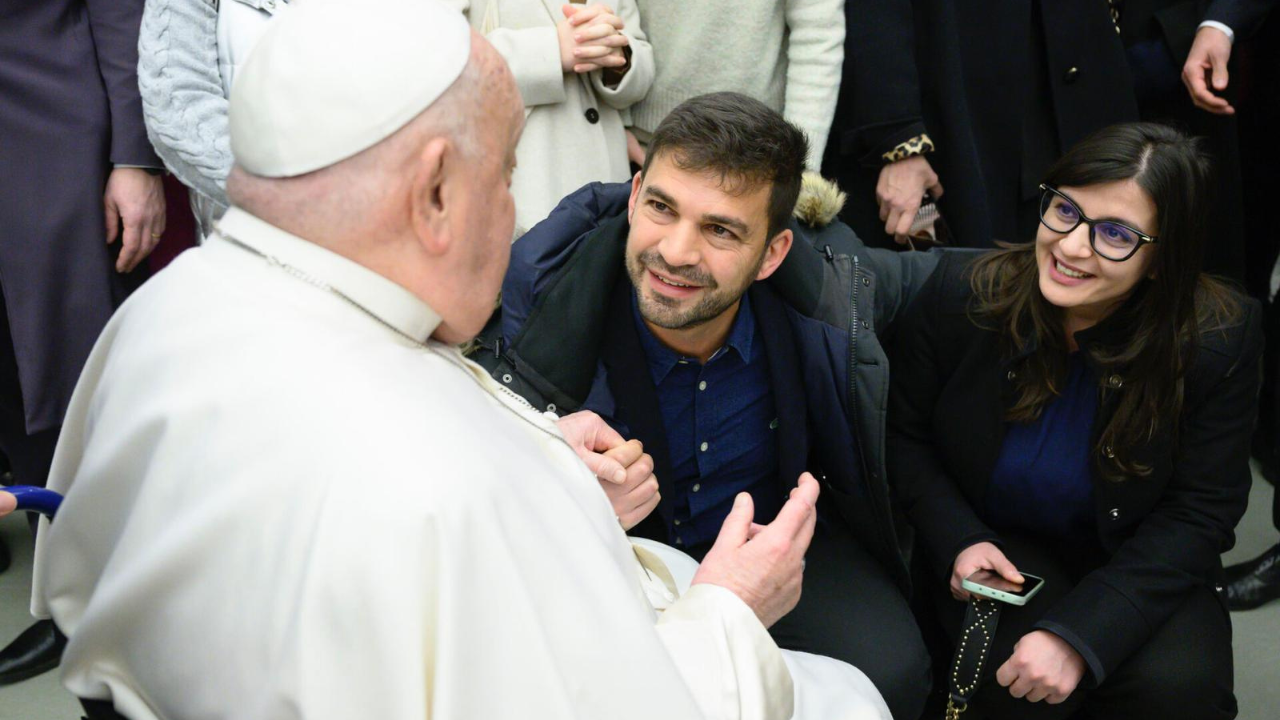The United Nations Human Rights Committee published a new general comment Nov. 1 seeking to add abortion and assisted suicide to its list of human rights.
The unedited draft was created during the International Covenant on Civil and Political Rights in Geneva. It states should not create “new barriers and should remove existing barriers that deny effective access... to safe and legal abortion.” It continues that states should permit “medical professionals to... facilitate the termination of life of afflicted adults, who wish to die with dignity.”
Rome-based Lumsa University held a conference explaining this, with their own professors and Princeton professor Robert George in attendance.
GIUSEPPE DALLA TORRE
Professor, Law School LUMSA
'What are human rights founded on? On the nature of man must be to be man; from his objective reason. If I come to life, I have the right to live and no one can take it away from me. This of course is enough to be considered the rights of everyone without distinction.'
PROF. ROBERT GEORGE
Princeton, Philosophy of Law
“It mistakes our dignity for mere autonomy, for choosing. And it doesn't ask the question, what is the right thing to choose, but it simply valorizes the choice itself.”
Both professors assert this sort of thinking stems from an individualistic way of thinking, believing everything is relative; there is no real good and no real evil. Rather, anyone can choose which path to take, what to do with his or her own body and cannot be told he or she is wrong.
PROF. ROBERT GEORGE
Princeton, Philosophy of Law
“I have a right to do whatever I like, so long as it doesn't harm others. Then they suppose that acts such as abortion and euthanasia do not harm others. Well certainly it's clear in the case of abortion that abortion takes the life of an innocent child in the womb. There is a victim. There is a third party. Even with euthanasia, we know that when a regime of medicalized killing is unleashed in society, it's not simply the people who wish to be killed who end up being killed.”
GIUSEPPE DALLA TORRE
Professor, Law School LUMSA
“The consequence is new human rights are created, which leads to conflict between these rights. The right of the unborn child to be born and the right of the mother to abort. Which one wins? Which one prevails? In the end, neither one wins or is ends favoring the one with 'the biggest right.'”
When the UN accepts these new “human rights,” developing countries that depend on them for financial assistance, could implement abortion and assisted suicide laws in their own country. Thus new problems would form in countries that are trying to save lives rather than lose them.
GIUSEPPE DALLA TORRE
Professor, Law School LUMSA
“Therefore there is a degeneration of human rights, in the sense that law should be an instrument for guaranteeing justice in interpersonal relationships. While this case, the rights, devolves a powerful instrument to the strongest and weakest.”
PROF. ROBERT GEORGE
Princeton, Philosophy of Law
“I think it's very important for people who see the truth of these matters and who understand how evil this move is toward recognizing abortion and euthanasia as human rights... it is incumbent upon all people of all traditions of faith to join together.”
The new general comment, published Nov. 1 in Geneva, is a way to provide legal guidance to States on article 6, the right to life. It has been pending for three years and was finalized by the 18 experts who make up the committee on human rights for the 172 involved countries.
